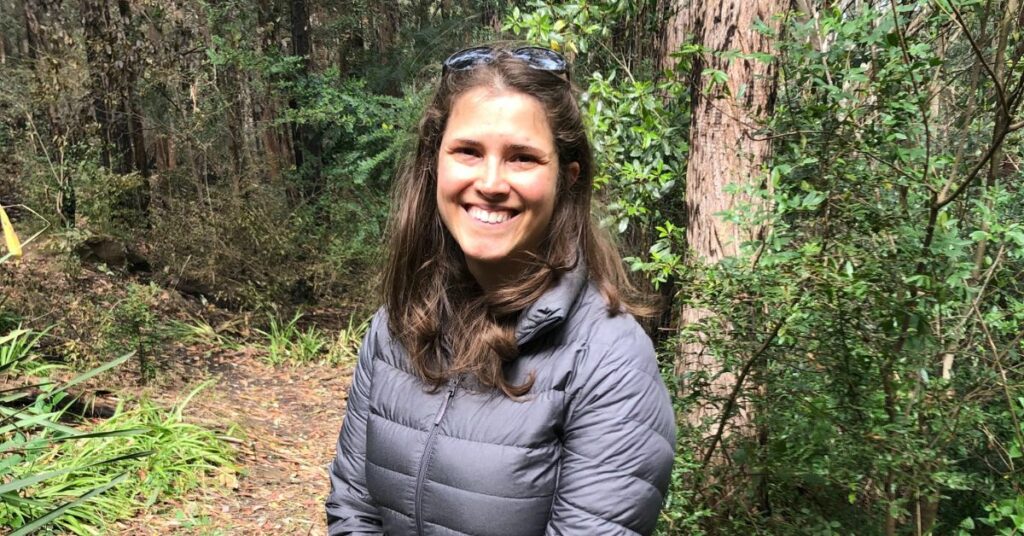Living with a physical disability can quickly turn into a mental battle. It is a battle people like me and others living with cerebral palsy (CP) deal with every day. As you grow older and become more aware of your disability, you begin to feel marginalised and isolated. Without the wealth of information you need to journey through the condition, it is often hard to feel supported, heard or understood.
There is no doubt in my mind, and through my lived experience, the level of information available to support people with CP in Australia just hasn’t cut the mustard. Those living with CP do not receive the mental health support they need, and the complex nature of the physical disability and mental health struggles coexisting is rarely recognised. Paving the way forward and providing trusted information and support is My CP Guide, a new platform covering mental health, relationships, diagnosis, CP management, and more.
My CP Guide is a consortium led by Cerebral Palsy Australia, and includes Ability First Australia, Cerebral Palsy Alliance, and the Cerebral Palsy Support Network. The team creates and finds high-quality, accessible information for people with cerebral palsy from credible sources which have been curated and reviewed.
I’ve struggled with my mental health since the age of eleven. It was at this time I realised that I was different to my peers. It left me feeling as if I wasn’t good enough as a person and I somehow felt indebted to people, and that I needed to ‘pay’ my debt by studying hard, going to university, and getting a job just like everyone else. My life didn’t turn out the way I had planned. I tried my best to hold down a job, but my attempts to suppress my mental decline resulted in a breakdown. At the age of 26 I saw a psychiatrist.
As the years went on, I became enmeshed in the mental health world. A world that was very different to the rest of the healthcare system. With every passing year I seemed to be diagnosed with a new mental health condition, as I bounced in and out of hospitals, group therapy, psychologists, and psychiatrists. Each time I tried to seek emergency care, I was left feeling like a criminal, and more worthless than when I walked into the hospital. I saw that the mental health treatment I received was vastly different from the care I received as a person with cerebral palsy.
I have tried my best to show people that despite having cerebral palsy, I think, feel and experience the ups and downs of life just like everyone else. Having cerebral palsy automatically makes you ‘different’ in the eyes of some people. It can leave you on the outside looking in, worn down by the fight to be included. I have experienced the hardships and discrimination often associated with living with a disability, yet been robbed of developing relationships with people like me because my disability is so mild. At times, it has left me feeling isolated and lonely, but it has also given me a reason to get up each morning, and continue the fight for change to occur so that people with disabilities can be included in the world in which we all live.
It seems in 2022, there is light at the end of the tunnel. Those living with cerebral palsy have their own resource hub via My CP guide. It is the first time that all those involved in cerebral palsy, that is – patients, families, healthcare professionals and yes – mental health experts, can access all they need to support the tough journey that is living with this condition. For example, this guide for young people with cerebral palsy is a resource on the platform from Murdoch Children’s Research Institute that provides a mental health toolkit for young people to identify the early signs of common mental health problems. It’s something I would have loved to have access to as a child.
Related: Australian beaches are now more inclusive and accessible to people with disabilities
Briar Thompson lives with multiple physical and mental disabilities, including cerebral palsy. She draws on her lived experience and professional background to help educate people about what it’s like living with a disability. Her hope is to change people’s perspectives on disability, and provide encouragement to others living with disabilities along the way. Briar is a part of the Consumer Advisory Group for My CP Guide.
- This author does not have any more posts.











